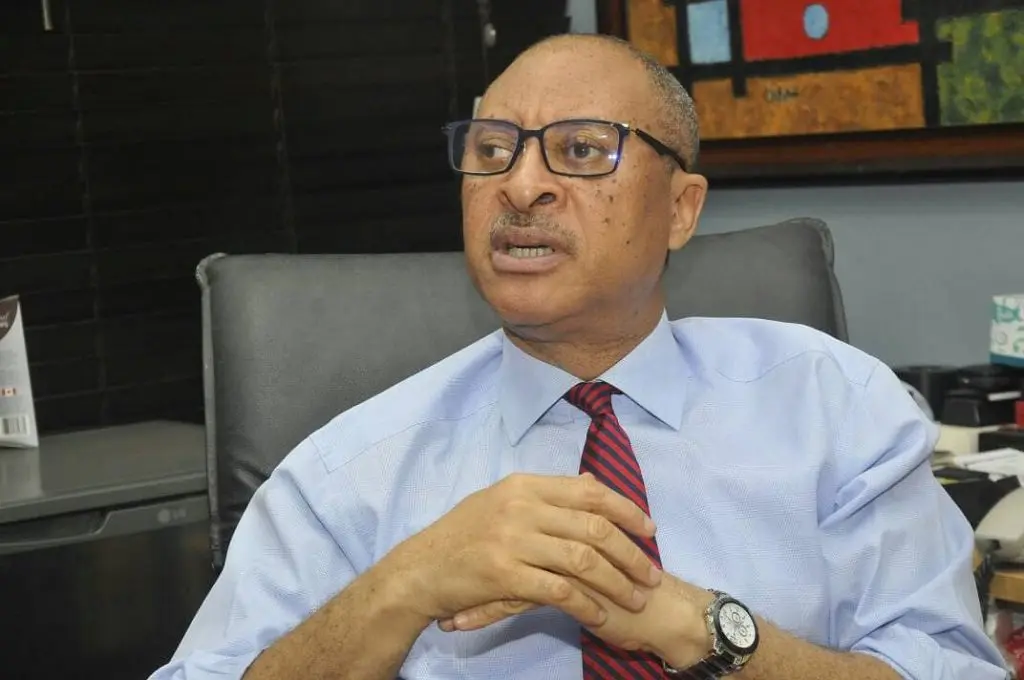Political economist, Professor Pat Utomi, has vowed that the recent Federal High Court ruling restraining him from forming a shadow cabinet will not silence his voice or stop him from associating with fellow Nigerians.
Justice James Omotosho had on Monday declared that the concept of a shadow government was unconstitutional and alien to Nigeria’s presidential system, stressing that the 1999 Constitution makes no provision for any “parallel or alternative government” outside the one it establishes.
But Utomi, in a reaction on Channels Television’s Political Paradigm, insisted that the judgment would not stop him from exercising his civic rights.
“As a citizen, I do expect that I will continue to be able to express myself. I also have the freedom to meet with other citizens to jointly express ourselves,” he said.
He explained that the initiative was never about seeking constitutional recognition but about providing Nigerians with alternatives in governance.
“This is unprecedented. Whatever it is, we’re not looking for a place in the constitution of Nigeria,” Utomi said, adding that lawyers would study the judgment.
Utomi, who announced the shadow government plan on May 5 under his Big Tent Coalition, described it as a credible opposition platform to the Bola Tinubu administration.
In July, he unveiled members of the cabinet, explaining that the body would “provide policy alternatives to the federal government.”
However, the Department of State Services (DSS) dragged him to court in suit number FHC/ABJ/CS/937/2025, arguing that the initiative could trigger unrest similar to the #EndSARS protests.
The federal government also condemned the move. Minister of Information and National Orientation, Mohammed Idris, said:
“Nigeria is not a parliamentary system where such a system is practised, and there is no provision for such in our statute books. While opposition politics is a central feature of democracy, it must be practised at all times within the bounds of propriety.”
Utomi, however, maintained that the DSS was seeking to “criminalise constitutionally protected rights” to free expression, association and political participation.
Despite the court ruling, the political economist stressed that he would not be cowed into silence, insisting that his role as a citizen includes holding government accountable and freely expressing his views on national issues.
Do you want to share a story with us? Do you want to advertise with us? Do you need publicity for a product, service, or event? Contact us on WhatsApp +2348183319097 Email: platformtimes@gmail.com
We are committed to impactful investigative journalism for human interest and social justice. Your donation will help us tell more stories. Kindly donate any amount HERE




